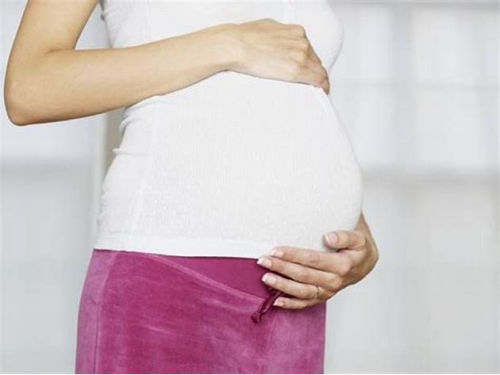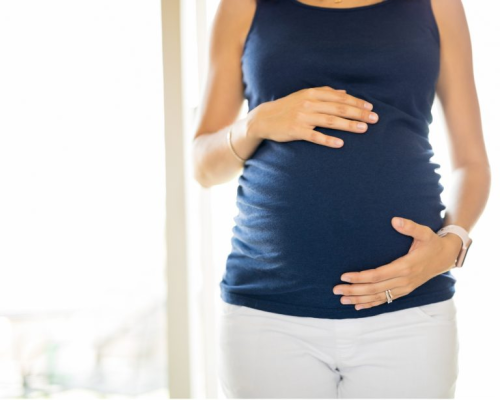
Endometriosis and Infertility: A Fertility Specialist’s Personal Journey
As a fertility specialist, I’ve had the privilege of walking alongside many women through the sometimes painful and often confusing journey of infertility. One of the most challenging and misunderstood conditions I encounter in my practice is endometriosis. It’s a condition that, while common, still carries a lot of stigma and confusion, especially when it comes to its impact on fertility.

What is Endometriosis?
In simple terms, endometriosis occurs when tissue similar to the lining inside the uterus (called the endometrium) starts growing outside the uterus—often on the ovaries, fallopian tubes, or even in the pelvic cavity. This can lead to pain, heavy periods, and, in many cases, infertility. But what’s often overlooked is how it disrupts a woman’s reproductive system on a deeper level, affecting not just physical health, but emotional and mental well-being as well.
I remember meeting Sarah, a 32-year-old patient who came to me after years of suffering from painful periods and chronic pelvic pain. She’d seen multiple doctors over the years, but no one had connected the dots between her symptoms and infertility. Sarah’s story is one I hear frequently: the pain of endometriosis was dismissed as “normal,” until she couldn’t get pregnant. That’s when she sought help.
One of the first things I told her was, “Endometriosis may be affecting your fertility, but it doesn’t mean your dream of having a family is out of reach.” After years of working with women like Sarah, I’ve come to understand how to approach endometriosis-related infertility with both medical expertise and compassion.

How Endometriosis Affects Fertility
Endometriosis can impact fertility in several ways. The most direct way is by disrupting the ovaries and fallopian tubes. The abnormal tissue can cause scar tissue (also known as adhesions) to form around the reproductive organs, which can block the fallopian tubes or reduce the number of healthy eggs in the ovaries. This makes it harder for sperm to reach the egg, and even if fertilization occurs, the environment may not be conducive to successful implantation.
Beyond the physical blockages, endometriosis can also affect the way the immune system functions, leading to an environment in the pelvic cavity that can be hostile to both the egg and sperm. The inflammation caused by the condition can also interfere with embryo implantation.
Dr. Lisa Reynolds, a well-known expert in endometriosis and fertility, once told me, “Endometriosis doesn’t just affect fertility physically; it changes the entire reproductive landscape.” This is something I’ve seen firsthand in my practice. The scarring and adhesions can create an environment where the body struggles to function optimally, which can make getting pregnant significantly more challenging.
Treating Endometriosis-Related Infertility: My Approach
When Sarah first came to see me, we discussed a variety of treatment options. One of the most important things to remember when treating infertility caused by endometriosis is that each case is unique. Not every woman with endometriosis will face the same challenges, and not all treatments will be effective for everyone.
In Sarah’s case, we started with laparoscopy, a minimally invasive surgery that allows us to look inside the pelvis and remove any visible endometrial tissue or adhesions. Laparoscopy not only helps improve fertility by clearing blockages and scarring but can also provide relief from pain. After Sarah’s surgery, we began a regimen of fertility treatments, including intrauterine insemination (IUI), followed by in vitro fertilization (IVF) when IUI didn’t yield results.
Dr. James Collins, another fertility expert I admire, once told me, “When it comes to endometriosis, surgery can be an important first step, but it’s often just one part of a bigger treatment plan.” He’s right. While surgery can improve fertility by removing tissue and scarring, many women with severe endometriosis will still need assisted reproductive technology (ART), like IVF, to achieve a successful pregnancy.
For Sarah, IVF was the breakthrough we needed. We had several embryos created through IVF, and after a couple of cycles, she finally had a positive pregnancy test. It was a long and challenging road, but her story reminds me that, with the right care and perseverance, even women with severe endometriosis can become mothers.
The Emotional and Psychological Impact of Endometriosis
One of the aspects of endometriosis that’s often overlooked is the emotional toll it can take. For Sarah, the constant pain, coupled with the months of unsuccessful fertility treatments, was emotionally draining. It’s easy for women with endometriosis to feel defeated, not just by the physical challenges, but by the emotional weight of it all.
Endometriosis can also be isolating. Women often feel like they are not being heard, or that their pain is being minimized. I remember Sarah telling me, “I felt like I was invisible. People didn’t understand how much this was affecting me—not just physically, but emotionally too.”
I try to remind my patients that their feelings are valid. As Dr. Emily Marshall, a reproductive psychologist, once told me, “Infertility doesn’t just impact the body—it impacts the soul. And women with endometriosis often carry that burden alone.”
That’s why I believe in taking a holistic approach. It’s not just about treating the physical aspects of endometriosis. It’s also about addressing the emotional side of things. I always encourage my patients to seek support, whether that’s through therapy, support groups, or simply having open conversations with their partner. Fertility is a team effort, and mental health is an essential part of the process.
Looking Toward the Future: Hope for Women with Endometriosis
While endometriosis remains a complex and often challenging condition, the future for women dealing with infertility caused by it is brighter than ever. With advances in surgery, fertility treatments, and a better understanding of the condition, women with endometriosis now have more options than ever before.
What I’ve learned over the years is that patience, perseverance, and the right medical support are key. There’s no one-size-fits-all treatment for endometriosis-related infertility, but with the right combination of treatments—surgery, medication, and ART—women can still achieve their dreams of becoming mothers.
If you are struggling with endometriosis and infertility, I want to leave you with this: Your journey may be longer, but it is not hopeless. Don’t give up on your dream of having a family. Endometriosis is a challenge, but it’s not a roadblock to parenthood.



